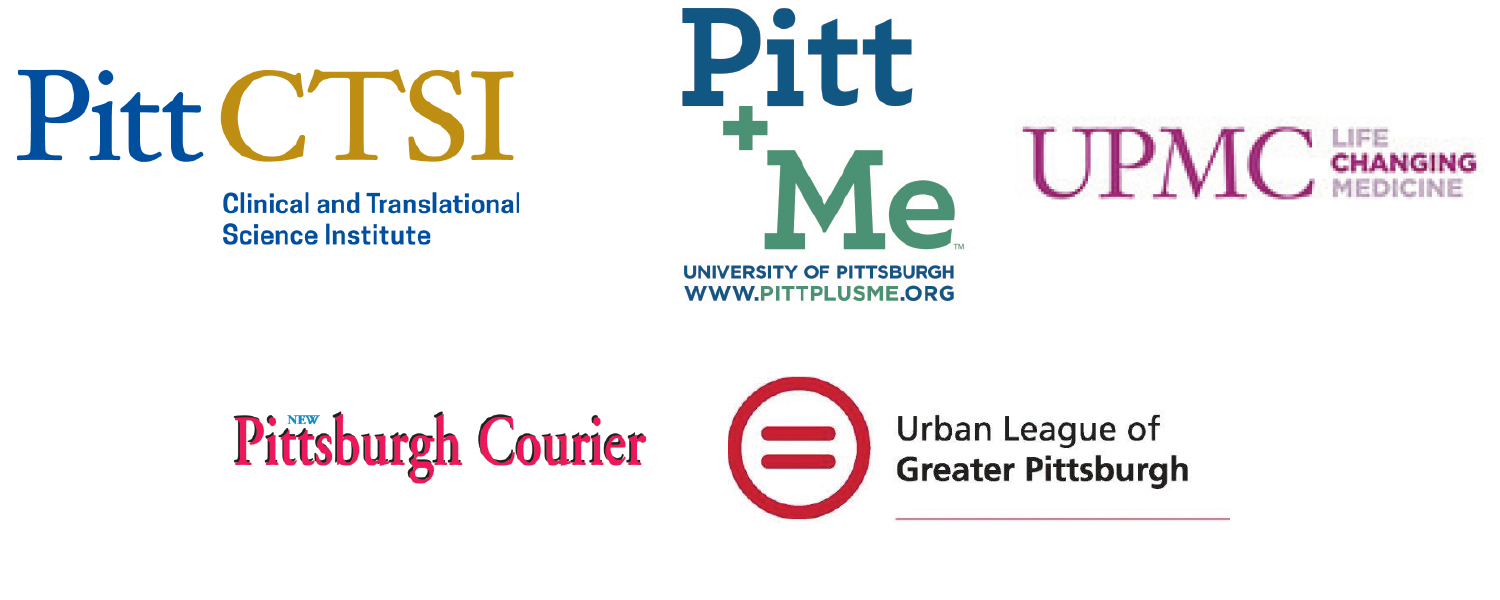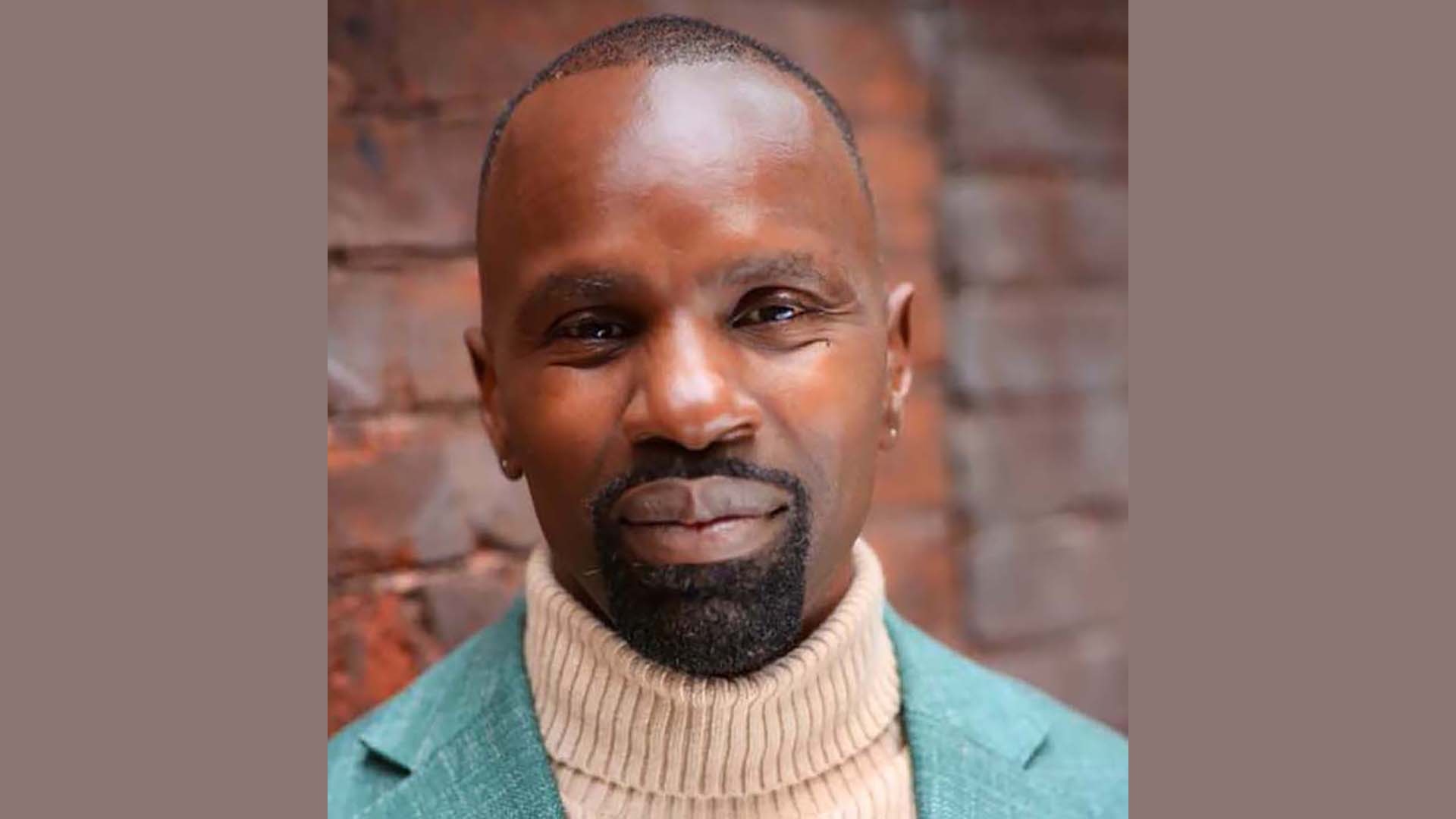CARLOS T. CARTER
This month, the Community Health Series Partnership (CHSP) is focusing on environmental justice, including commentary from Carlos T. Carter, President and CEO of the Urban League of Pittsburgh.
Q: Carlos, the term ‘environmental justice neighborhoods’ is intended to denote the structural inequities and systemic racism that have contributed to more of our region’s Black residents being exposed to environmental hazards like air and water pollution, toxic waste, and climate change. What are ways in which environmental hazards contribute to poor health outcomes that you’ve seen among individuals and families served by the Urban League?
Carlos Carter: According to research from PennEnvironment, Allegheny County is ranked in the top 2 percent of counties nationwide for cancer risk from air pollution. The city of Clairton is home to the top polluter of Allegheny County, Clairton Coke Works. Clairton is nearly 40 percent Black—and these individuals often live near this coal-based, steel-making fuel plant.
Health risks outside of cancer exist as well. In a 2020 edition of the academic journal Environmental Health, it was estimated that about 40 percent of air pollution-related coronary heart disease deaths in Allegheny County occur in environmental justice communities—even though such communities represent just 27 percent of the county’s total population.
One of the Urban League’s key goals is Health and Quality of Life Empowerment. Through our work, we are advocating toward improving the quality of life for the Black community. We will continue to raise awareness of issues, including climate change, that impact the lives of our people. Just as we approach other issues, we are open to collaboration and partnership with other organizations who specifically tackle environmental justice issues daily.
Q: There are many ways in which community members can reduce risk from harms of environmental hazards. What are ways we can educate ourselves about our role in creating healthier environments?
Carlos Carter: It’s important that community members not only understand the environmental risks that exist around them, but also know both the individual and collective actions that can mitigate environmental hazards. There are ongoing community workshops and seminars, advocacy campaigns, and organizations people can join to actively support measures for a healthier environment.
As a collective region, we must acknowledge the impact health issues caused by environmental degradation has had on our people. Specifically, we must acknowledge the disparate impact it is having on children and marginalized communities.
We must leverage our power to vote for candidates who acknowledge the need to invest in environmental justice communities. And we can’t just stop with voting! We must continue to hold all entities responsible for negatively impacting the health and wellbeing of Black people. We must be vigilant and ensure that public officials —and our local, state, and federal government—are accountable. They must be proponents of people-centered, environmentally responsible policy.
We must also support organizations that are doing the work to protect our planet and committed to sustainable practices that keep safe our most vulnerable communities.
Ultimately, the responsibility lies with us to look out for ourselves and our communities of color.


